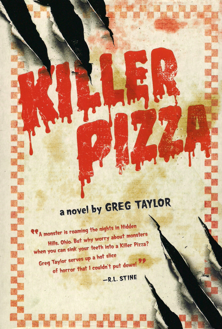
The ‘Killer Pizza’ Series by Greg Taylor
Here is an especially horror-filled series of books that will leave you shivering and hungry. High School

To those of you who don’t know, April 2 is World Autism Awareness Day.
Hooray! Woo!
So, to celebrate here is a book all about autism.
For people with autism and for anyone who knows someone on the autism spectrum
This story is about 12-year-old Lily and her four-year-old half-brother, Adam, who has severe autism. Adam’s autism has taken over her life, and she has become more of a mother to her than a sister. Her stepfather, Don, can’t admit to himself that Adam has a problem and doesn’t start getting help for him until he’s up against the wall.
Adam loves dolphins, so when Don, an oncologist, hears about a young dolphin with cancer, he offers to help. When he brings Lilly and Adam along, Adam and the dolphin, Nori, instantly bond.
Even though Lily sees that Adam loves Nori, she also sees that the dolphin shouldn’t spend the rest of her life in captivity for Adam’s sake. Can Adam find help somewhere else? And can Lily help save Nori without betraying her family?
This story is one big emotional headache. There’s too much sadness going on in this book. Don’t get me wrong; it’s a good book, and it gives a look into severe autism. But you should know that not all autistic people are like this.
Adam and all the other kids at the autism school in this story are on the severe side of the spectrum, the ones who are kind of hard to keep still and don’t talk. This story shows that if you suspect your child is autistic at a young age, get them diagnosed and get them help as soon as possible. If you wait too long, they may never get the help they need. I should know. I wasn’t diagnosed until I was fifteen, and by then, no one was willing to help. But todays’ schoolteachers are being trained to handle kids with autism. Something I didn’t have.
I also learned that dolphin-assisted therapy might not actually work. I won’t go into all the sciencey junk behind it, but in a nutshell, swimming with dolphins has shown to relax a child with autism. But does being relaxed really help an autistic child in the long run? Swimming with dolphins is a fun experience for anyone, but it’s not a proven therapy, and you should use treatments that are proven to work.
To quote the book, “An autistic child will grow up to be an autistic adult.” So, make sure your autistic child is given the proper treatment, or they won’t be able to handle adult life.
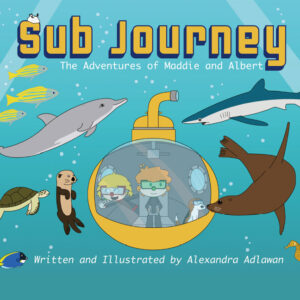

Here is an especially horror-filled series of books that will leave you shivering and hungry. High School
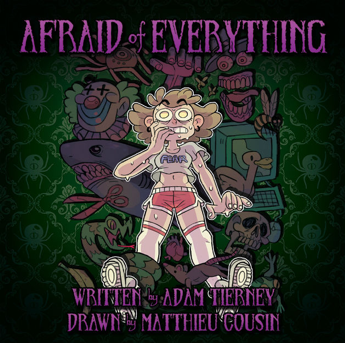
HAPPY 150TH BOOK REVIEW And to celebrate, here is a book of short horror stories written specifically for young readers. 5 to 95 (Suggested for
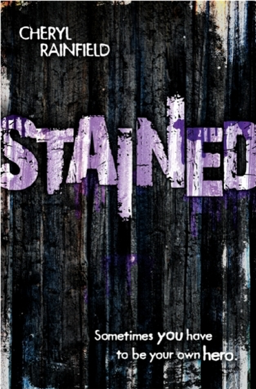
High School Sixteen-year-old Sarah Meadows longs for normal. Born with a port-wine stain covering half her face, shes been plagued by stares, giggles, bullying, and

Here is an especially horror-filled series of books that will leave you shivering and hungry. High School

HAPPY 150TH BOOK REVIEW And to celebrate, here is a book of short horror stories written specifically for young readers. 5 to 95 (Suggested for all readers) Featuring twenty-six terrifying short stories, each based on a different A to Z

High School Sixteen-year-old Sarah Meadows longs for normal. Born with a port-wine stain covering half her face, shes been plagued by stares, giggles, bullying, and disgust all her life. But when shes abducted on the way home from school, Sarah
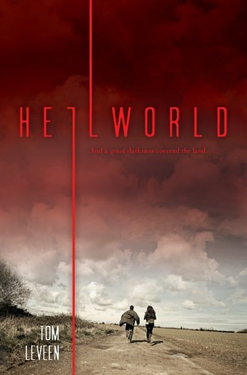
HAPPY OCTOBER! To celebrate October, heres a hell-raising story to get us in the Halloween mood. Pun intended. High School Five years ago, Abby Booths mom, co-host of a ghost-hunting reality show, went missing while filming in a haunted cave

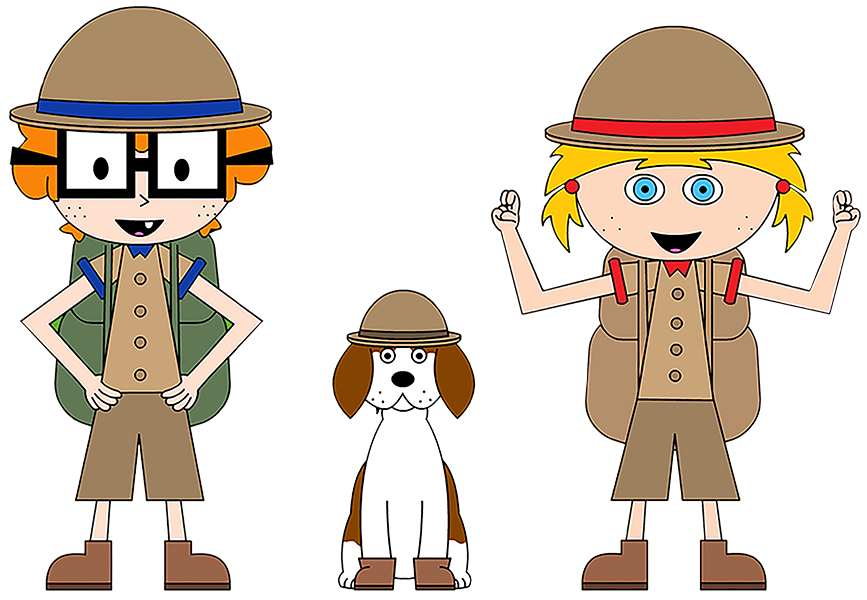
Albert, Houdini & Maddie
Copyright © 2021 Amazing Artists Online – All Rights Reserved
Developed by Clearian


Albert, Houdini & Maddie
Copyright © 2023 Amazing Artists Online – All Rights Reserved
Developed by Clearian